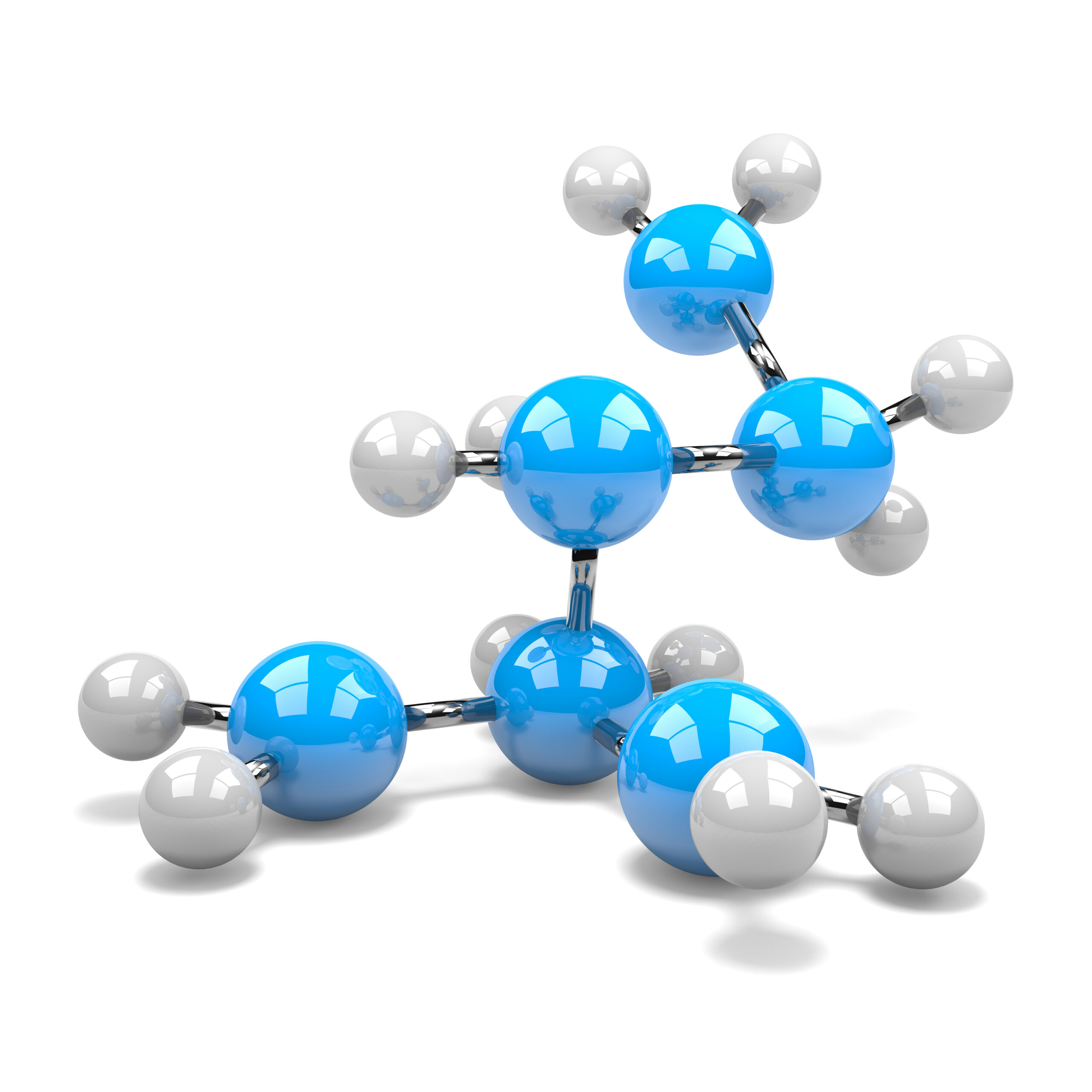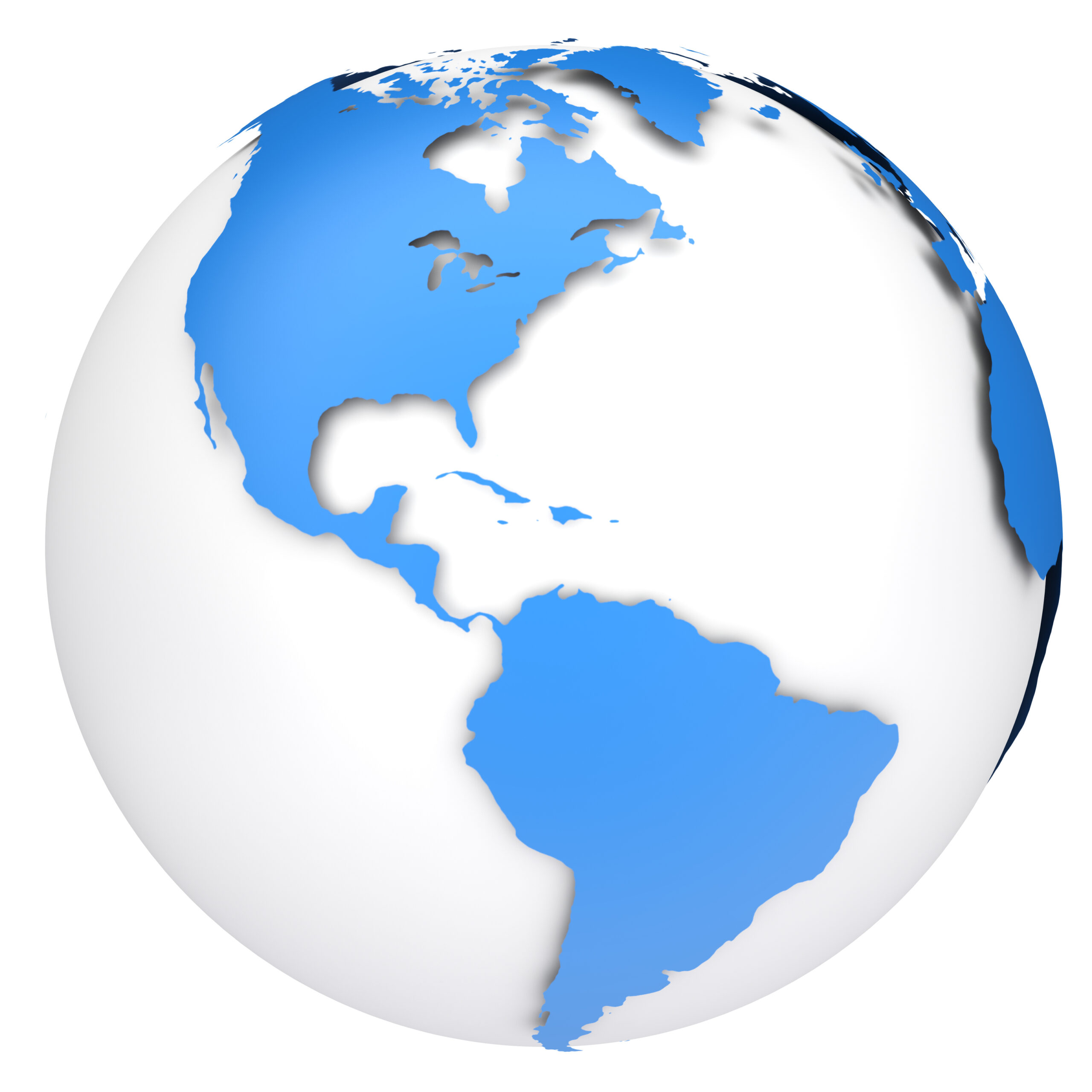Our Services
What We Do BestWe bridge the gap between science and compliance.
We capitalize on our chemical education and experience in biopharmaceutical R&D for a large multinational corporation to understand the technical details of our customers’ business, products, and research activities. We use this knowledge to analyze, design, and implement practical compliance programs for numerous regulatory areas, including trade compliance.

Import & Export Classifications
Proper product classification is the foundation of compliance with import and export regulations. Customs agencies around the world require that companies transporting goods across country borders have correct product classifications. Regulatory non-compliance is not the only reason for focus on this area; there are operational reasons as well, as incorrect import classifications can lead to paying incorrect rates of duty (either too high or too low) and import delays due to Customs queries or incorrect/missing partner government agency requirements.
Classification can be challenging, as detailed product knowledge and technical specifications are required alongside knowledge of the regulations. Trade compliance personnel will understand the regulations, technical personnel will understand the product details, but the combination of the two skillsets is oftentimes missing. This can be particularly true for the life science, agricultural and chemical industries. Our experience in biopharmaceutical R&D, educational background in organic chemistry, and customs broker license give us the qualifications to bridge this gap.
Whether your company would like assistance with occasional or frequent product classifications or a review of prior classifications, we can help.
Export Control Regulations
Exporting facilitates business growth by making new markets accessible. There are many regulations governing the export of items- whether they be goods, software, or technology- outside of the U.S., the re-export of U.S.-manufactured items from one country to another, and even the sharing of controlled technology with non-U.S. citizens within the United States. There are also restrictions on sharing certain items or technology with restricted persons, countries, or for restricted purposes.
Life science and biopharmaceutical companies routinely use materials that are controlled for export. They may also do R&D with these controlled materials, leading to the formation of controlled technology used to manufacture or use these goods. We use our experience to identify controlled materials and technology, determine their Export Control Classification Numbers (ECCNs), and develop practical ways to stay compliant with the export of goods and the sharing and storage of controlled technology that work for your business.
Whether you would like the analysis of a particular material or the review of a research program or group of goods, we can help.


Trade Compliance Requirements
Chemical and life science companies operate in a highly regulated, complex environment, with trade regulations being one aspect of this complexity. In addition to classifications for import and export, there are also requirements set by partner government agencies related to the specific product being imported. For companies in this space, these requirements may be set by health authorities such as the FDA, or authorities related to agriculture, wildlife, and plants such as the United States Department of Agriculture (USDA) or Fish and Wildlife Service (FWS).
Being unaware of the requirements can lead to import delays, and valuable time wasted responding to queries from the customs agency. For time- or temperature-sensitive products, this delay can be catastrophic to your materials. We work with our customers, their technical experts, third-party partners, and customs broker to ensure materials have correct information and documentation for seamless movement across country borders.
Whether your company needs to know the requirements for a specific transaction or a review of a project or workstream, we can help.
